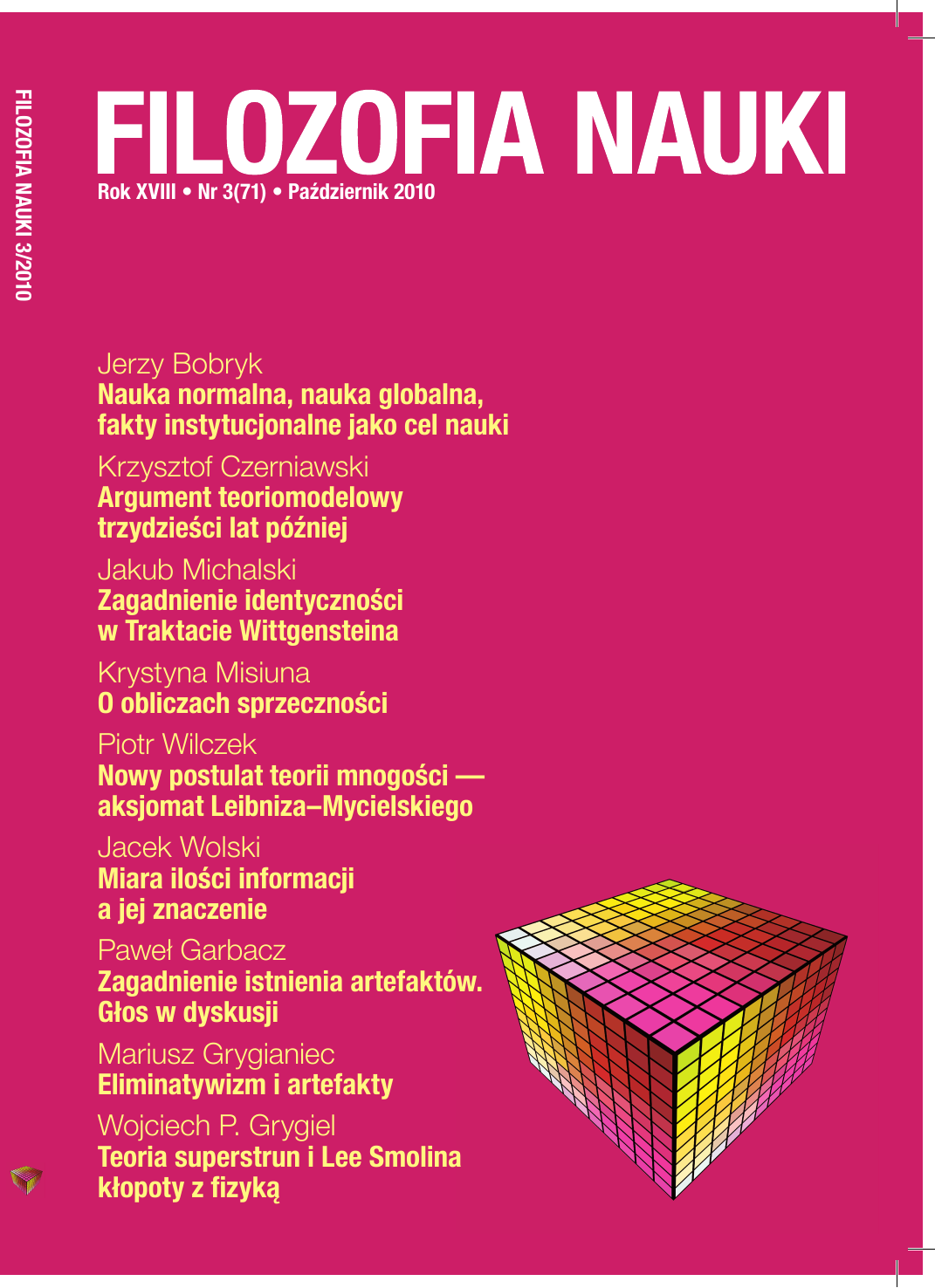The Superstring Theory and Lee Smolin's Troubles with Physics
Keywords:
Lee Smolin, string theory, philosophy of physicsAbstract
Contemporary physics is in a great need of a unified theoretical framework allowing for a comprehensive physical description of particles and interactions. One of the leading candidates for such a framework, the superstring theory, has recently provoked immense critics due to the lack of its experimental verification (L. Smolin, R. Penrose). The survey of the specificity of the unification mechanisms that are operative within the superstring theory shows that, in comparison with such a successful paradigm as that of the general theory of relativity, the unification model of the theory does not follow the strict relation between the formalism and a unifying physical idea. The critical analysis of the superstring theory, presented by Lee Smolin in his book The Trouble with Physics, offers a detailed re-evaluation of theory's physical foundations but remains insensitive to issues of methodological, ontological and epistemological import. In particular, Smolin seems to be aware of the lack of the background independence as well as the need to compactify extra space-time dimensions that are hoped to be alleviated in the future M-theory. He treats purely mathematical criteria such as that of renormalizability on an equal footing with the physical interpretation of the theory. Such a methodological disarray leads to Smolin's biased estimate of the true drawbacks of the superstring theory.Downloads
Published
2010-09-01
How to Cite
Grygiel, W. P. (2010). The Superstring Theory and Lee Smolin’s Troubles with Physics. The Philosophy of Science, 18(3), 141–152. Retrieved from https://fn.uw.edu.pl/index.php/fn/article/view/618
Issue
Section
Reviews















 Filozofia Nauki/The Philosophy of Science | ISSN 1230-6894 | e-ISSN 2657-5868
Filozofia Nauki/The Philosophy of Science | ISSN 1230-6894 | e-ISSN 2657-5868